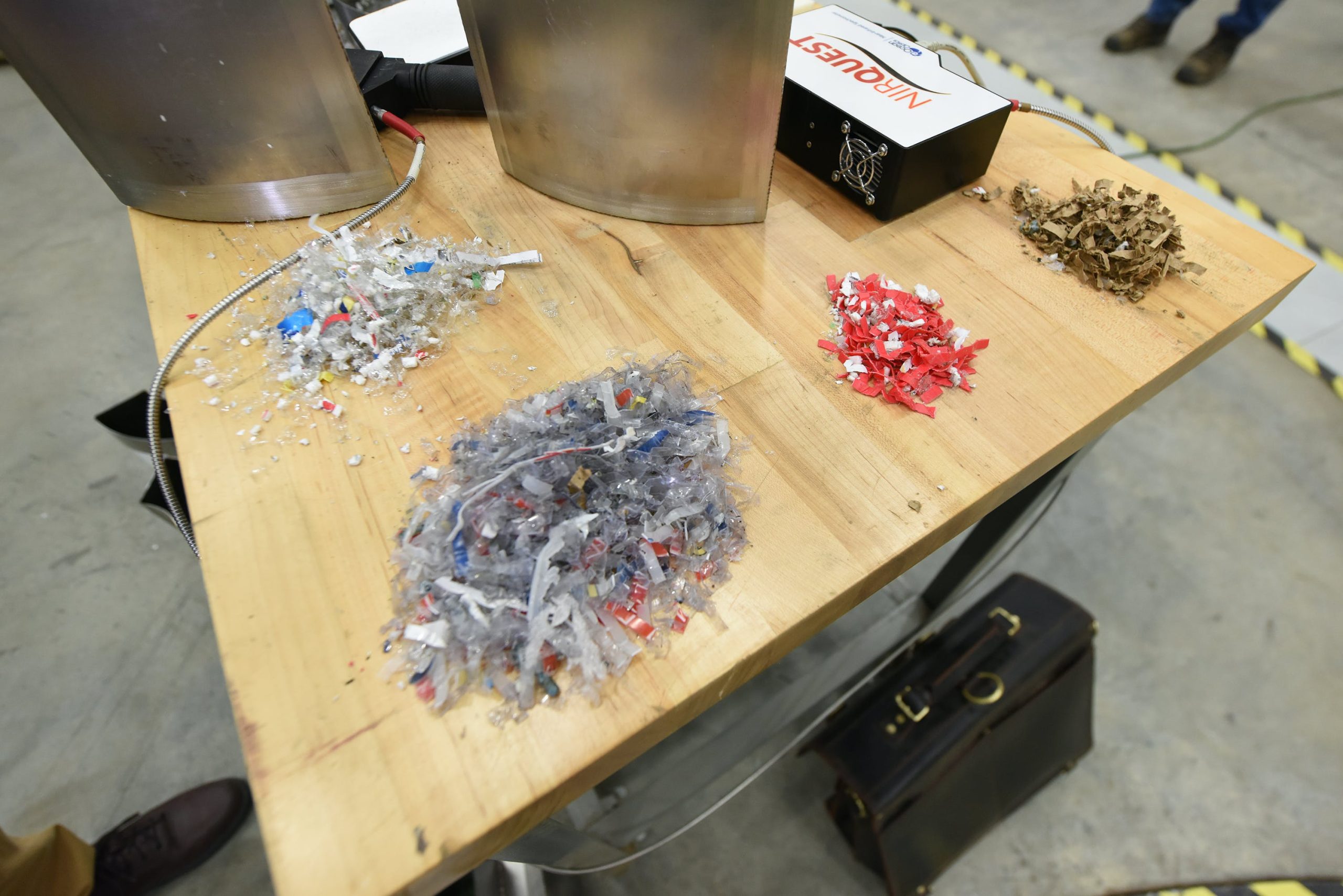
e-Scrap Recycling Industry: Riding the Wave of the Future
Introduction: Charting the Course of Electronics Waste Management
In a world increasingly centered around technology, the management of electronic waste — or e-Scrap — has become a tricky part entwined in the narrative of sustainable development. As we stare down a tide of outdated, defunct, or simply unwanted digital equipment, society is challenged to take a closer look at both the disposal methods and the opportunity for material reuse from this electronic jumble.
Emission Mitigation in e-Scrap Recycling: The Future is Green
Bloom ESG, for instance, is leading the charge with innovative efforts to mitigate emissions in e-Scrap recycling. In a significant development for the industry, Bloom ESG has launched an ISO-approved avoided-emissions methodology. This represents that this company is not just operating on the fine points of recycling but with an eye on the world’s climate change issues as well.
Partnering for Progress: Idaho’s e-Scrap Initiative
Progress, however, is not just in technique but also in partnerships. Idaho National Laboratory, E Cyclers of Idaho, and Sunnking Sustainable Solutions are set to collaborate on e-Scrap collection events in Idaho Falls. This collaboration shows a new path for others to navigate the ever-growing stream of electronic waste when single-handed efforts might seem overwhelming.
E-SCRAP Advancement Prize: Promoting Innovation in the Industry
Moreover, to fuel the fire of innovation, the U.S. Department of Energy announced the Electronics Scrap Recycling Advancement Prize (E-SCRAP). Although a recent scheduled webinar was cancelled with no future date yet set, it still signifies the eagerness of the government to find a path through this rising tide of electronic waste.
The Pressing Issue of Digital Security
Diving in deeper into the tangled issues of e-Scrap management, we deal not just with waste from traditional household appliances but also IT assets – a particularly sensitive category. With a wave of recent breaches, ensuring sensitive data is removed from devices before recycling or disposal is a tense, yet critical part of the process.
Landscape of Electronics Recycling in the USA
Given these confusing bits and complicated pieces, it is unsurprising that the landscape of electronics recycling varies greatly across the USA. Some companies, like Kuusakoski US, have found it too daunting to continue operations, citing ‘severe, prolonged financial challenges’ as motivation for their exit from the U.S. market. But, this is not reflective of a downfall; instead, it opens the market for more resilient and innovative companies ready to steer through the challenges.
The Future of e-Scrap Recycling: A Call for Modular Designs
The future of e-Scrap, however, is not just in how we process it, but in how we produce it. Intel, a titan in the computer chip industry, supports the idea of modular designs for electronic commodities. The slight difference this can create in electronic configurations can mean a world of difference when it comes to disassembling and reprocessing e-Scrap, simplifying the process, and making it more economically viable.
Conclusion: From Waste Management to Resource Conservation
As we journey further into the digital age, the challenge of managing-ever growing e-Scrap will remain constant. Yet by understanding the hidden complexities and subtle nuances, we can turn daunting waste management issues into opportunities for resource conservation and circular economy development. It’s all a matter of being able to find your way through the specific situation and figure out a path that turns impediments into potential.
Originally Post From https://resource-recycling.com/e-scrap/2025/02/13/news-from-bloom-esg-idaho-national-laboratory-and-more/

